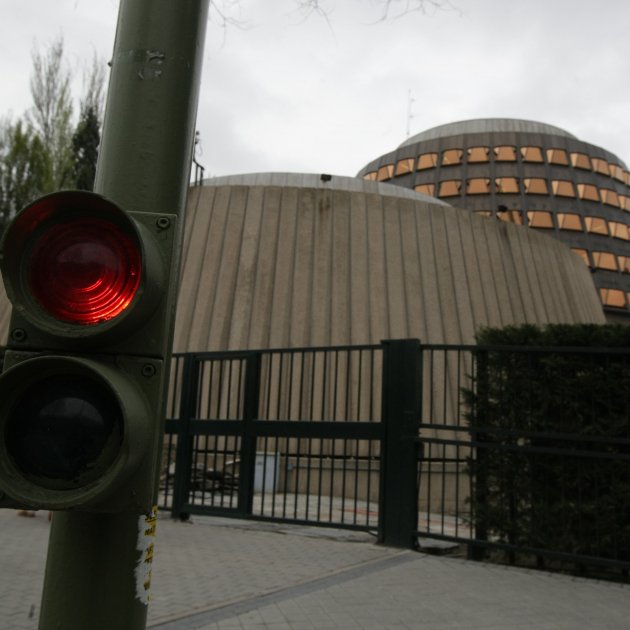Spain's Constitutional Court set a strategy of accepting all the appeals from the Catalan political prisoners to prevent the internationalisation of the trial held in Spain's Supreme Court. According to Spanish news agency Europa Press, the high court wanted to delay the case so that it didn't reach the European Court of Human Rights in Strasbourg (ECHR) before the sentence, as admitted by sources at the court.
This procedure was performed on around fifty appeals for protection filed by Catalan political prisoners against provisions of the Spanish Supreme Court. This kept these matters away from the Strasbourg court during the trial and until the sedition sentence.
According to the same Constitutional Court sources, this strategy managed to generate solid legal precedent around matters on which the Strasbourg court had not pronounced yet, like political rights, which they consider very "satisfactory".
Many of these appeals for protection are being settled through rulings at present. This is the case of all the decisions recently notified on the Supreme Court's refusal throughout 2018 to grant leave for the then-accused Catalan leaders, like Catalan Republican Left (ERC) leader Oriol Junqueras and other former Catalan ministers elected to parliament, so they could avoid pretrial detention and attend parliamentary sessions.
So far, the Constitutional Court has backed the Supreme Court's decisions and it is not known whether they have been appealed to the Strasbourg court.
If the Constitutional Court had failed to accept all these appeals from the prisoners, it would have allowed the defences to subsequently report a human rights violation before the ECHR that could have been resolved, or at least accepted, before there was a ruling on the case. The Spanish high court tried to avoid this.
The same sources explain that, in order to coordinate technical work, a special group was created in the Constitutional Court. The group was formed by around a dozen lawyers led by judge Cándido Conde-Pumpido.
